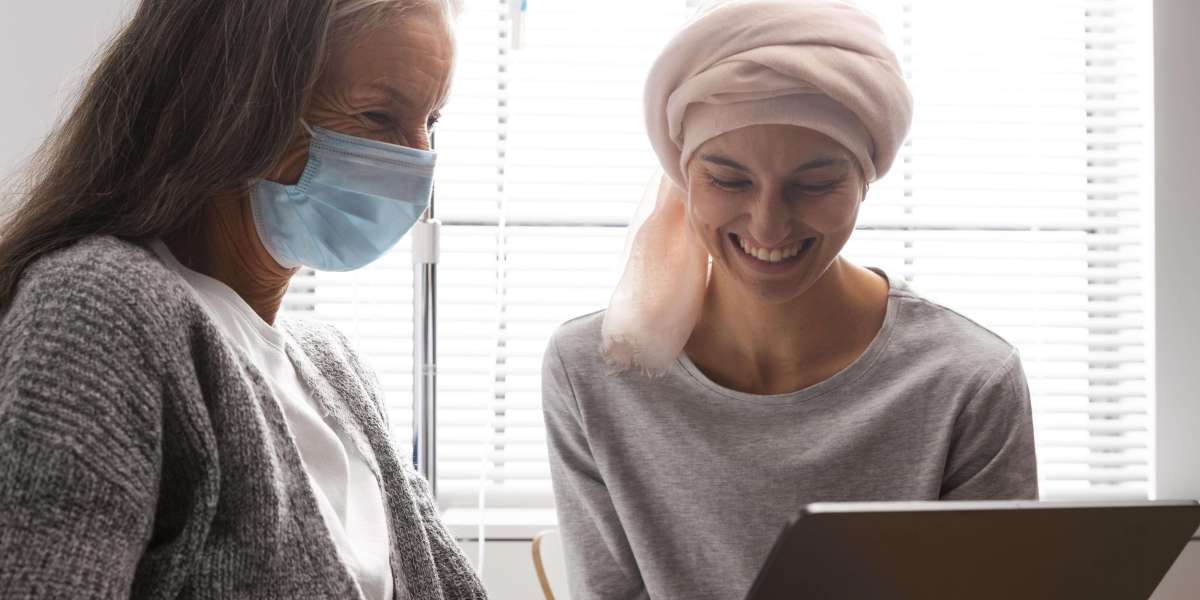When someone goes through cancer as a young person, life doesn’t just “go back to normal” once the treatment ends. The experience often leaves emotional marks that last long after the physical symptoms have been treated. I’ve seen friends and whānau members struggle with this in silence. That’s why I’m writing this blog — to shine a light on peer support for youth cancer patients and how it plays a key role in helping young survivors build resilience.
In New Zealand, Canteen Aotearoa has become a trusted space where rangatahi (young people aged 12–24) impacted by cancer can find understanding, connection, and healing. Their peer support programmes help young people feel less alone and more empowered, not just during cancer — but in the months and years after.
Life After Cancer Isn’t Always Easy
People often assume that once the final treatment session is over, life picks up where it left off. But for many young cancer survivors, that’s far from the truth. They may look fine on the outside, but inside, they’re dealing with complex emotions — anxiety about relapse, sadness about lost time, and struggles to reconnect with friends who don’t quite understand.
Young people often feel isolated. They’re grateful to be in remission, but they’re also trying to make sense of what they’ve just gone through. This is where peer support becomes more than a nice idea — it becomes a crucial part of recovery.
When rangatahi connect with others who’ve walked a similar path, they gain the strength to keep moving forward. They realise they’re not alone in their thoughts, and that helps reduce the pressure to “just be normal” again.
What Peer Support at Canteen Looks Like
Canteen’s peer support isn’t just sitting in a circle talking about cancer. It’s about creating shared experiences that make healing feel natural and human. It’s designed to help youth:
Reconnect with others in similar situations
Share challenges and coping strategies
Rebuild confidence through social interaction
Canteen offers:
Online and in-person meetups for rangatahi to talk, hang out, or do activities together
Therapeutic programmes and weekend camps, offering both fun and structured support
Canteen Connect, a digital space where teens can message others who understand what it’s like to live with or after cancer
These services help young people feel part of something bigger — a community that gets them. It’s a space where vulnerability is respected and resilience is rebuilt, one conversation at a time.
You can read more about how this works on Canteen’s peer support page.
How Peer Support Builds Emotional Strength
Peer support is more than just talking — it’s about being seen and understood. When a young person hears “me too” from someone their age, it’s incredibly powerful. It gives them permission to feel, to ask questions, and to share their fears without being judged.
This kind of support builds emotional resilience in many ways:
It reduces the sense of isolation that’s common after treatment
It encourages open communication and self-expression
It helps develop trust and relationships again
These skills don’t just help with cancer recovery — they benefit young people in every part of life, from school to relationships to work.
Getting Support or Referring Someone
Canteen offers peer support to young people aged 12–24 who:
Are living with cancer
Have a sibling or parent with cancer
Have lost a loved one to cancer
The good news? No referral is needed. Any young person or someone who cares about them — like a friend, teacher, or nurse — can reach out. Support is available online and in person across New Zealand.
If someone you know could benefit, guide them to Canteen’s website and explore the peer support options available. It could be the connection that helps them take the next step forward.
Recovery doesn’t end with the final scan — it continues through the quiet, unseen moments that follow. For youth cancer patients, peer support offers the strength to move forward, one conversation at a time. It creates space for resilience, trust, and healing. If you know a young person affected by cancer, don’t underestimate the power of shared experience. Encourage them to reach out to Canteen and discover the life-changing impact of peer support for youth cancer patients.














